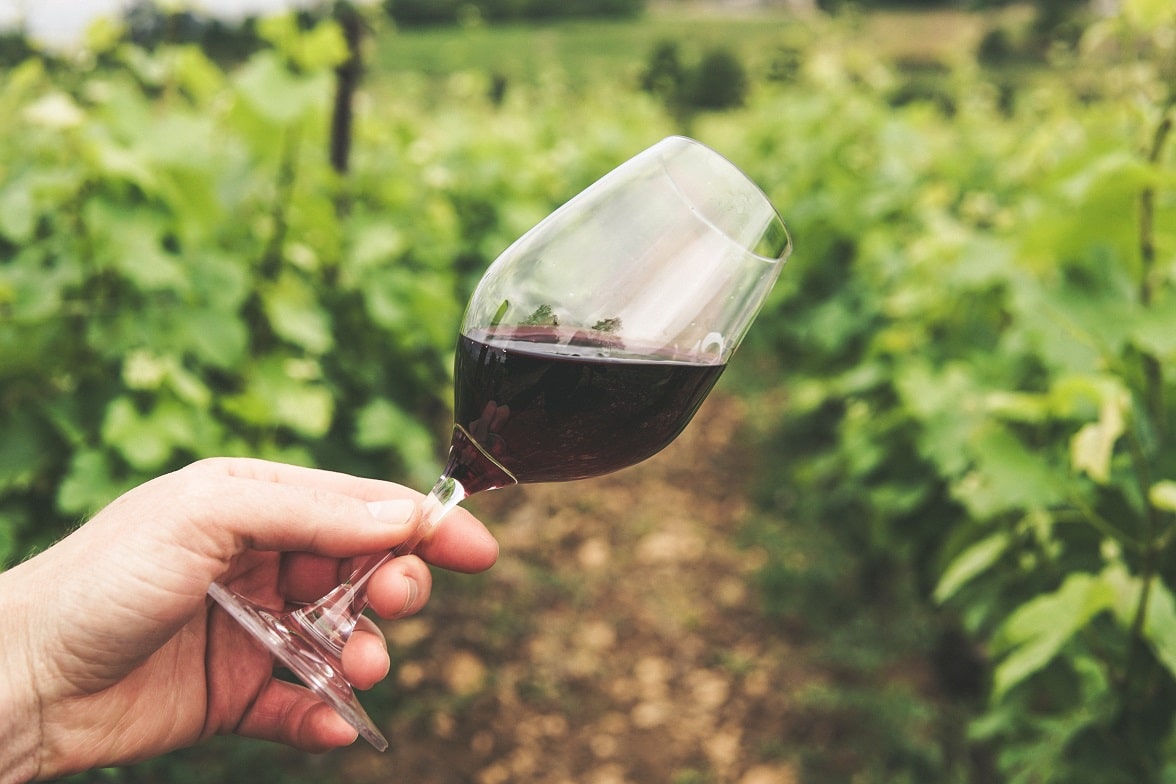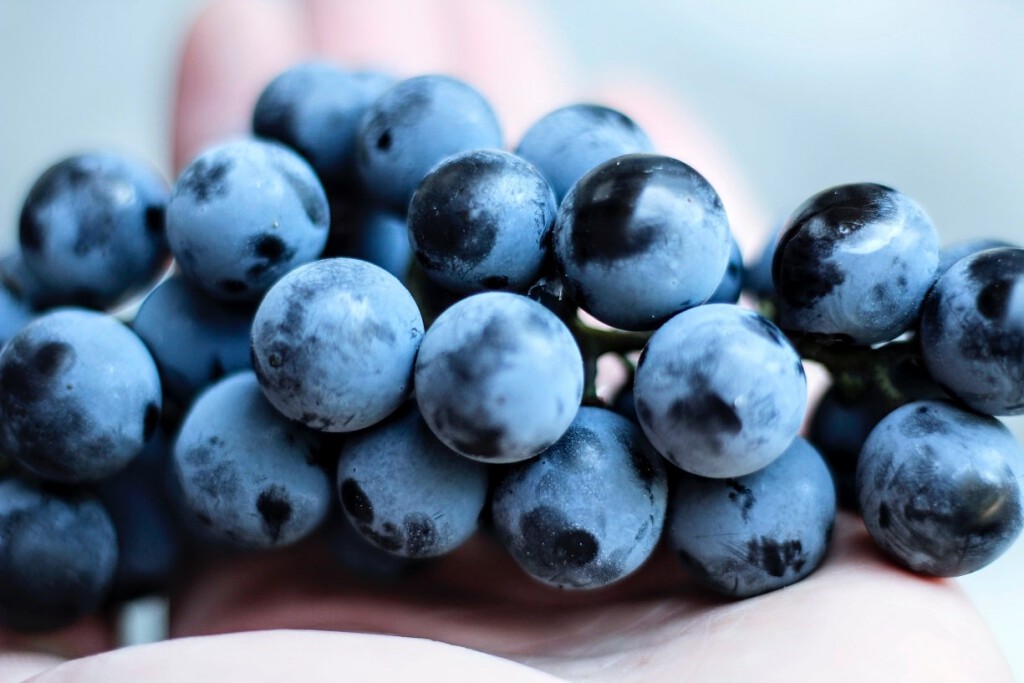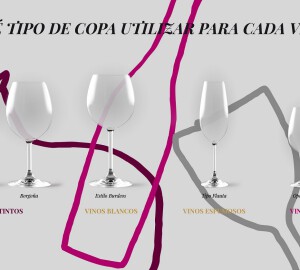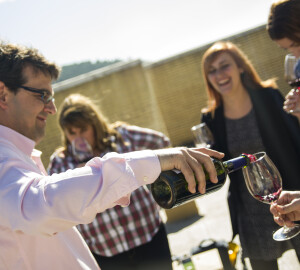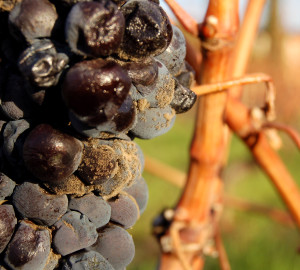In recent years, it can be said that there has been a resurgence of interest in that of artisanal wine. It is not that this type of wine is something new, as they have been produced since their creation (more than 8,000 years ago), nor is it something that has been missing for some time. But it is true that this type of wine is now beginning to arouse a greater attraction among consumers.
If you are interested in the world of artisanal winemaking and want to learn a little more about it, you are in the right place. It never hurts to know what the characteristics of this type of wines are and why they can be of interest to some people.n be of interest to some people.
What defines a wine as artisanal?
It is difficult to establish in scientific terms which wine is artisanal and which is not, as there is still no official definition that sets specific limits as to which wine is or is not artisanal. However, there are certain factors that can tip the balance in one direction or another.
In general terms, an artisanal wine is one that is made taking into account certain aspects, such as the following:
- Use of indigenous grape varieties from the regions where it is produced.
This has to do with the interest in promoting local production and thus eliminating the transport of raw material derived from acquiring the fruit in other wine regions.
- Avoid, as far as possible, the use of automated processes in winemaking and wine production.
In all types of artisanal production (whether it be clothing, gastronomy, etc.), manual production is one of the most outstanding characteristics. Therefore, the production of artisanal wine should follow the same line of work.
In this sense, the use of industrial methods to mechanise processes should be kept to a minimum. An example of this can be found, for example, in the manual destemming process (the separation of the grapes from the branches/leaves to which they are attached). Although in most wineries this procedure is carried out in an automated way, it is also common for human intervention to be used to remove any branches that may have slipped in during the process.
In this section, we could also talk about bottling, which should also be carried out manually, both in terms of sterilising the bottles and inserting the cork.
- No use of chemical fertilisers
Field work would be carried out in a thorough manner, dispensing with chemical products such as fertilisers or manures, which may be harmful to the environment and/or the resulting crop. However, it should be noted that not all chemical fertilisers are equally harmful, nor do they act in the same way on the soil, the crop, etc. In fact, this has a significant influence on the quality of the resulting wines from each winery.
- Production and distribution processes that are as sustainable as possible
The sustainable wine production highlighted in this section is linked to the previous point and the use of other chemicals in winemaking.
In addition, distribution methods and other logistics in the sale of the resulting wine - such as transport - should be as environmentally friendly as possible. This would also include the process of transporting the harvested grapes to the winery after harvesting.
- Limited production
Logically, as a result of a more manual and artisanal winemaking process, the number of bottles produced from this vintage should be smaller.
In short, organic wines, natural wines, biodynamic wines and conventional wines that are always produced under the precepts of caring for the environment and the surroundings in which they are produced could be considered artisanal wines.
But we should know that these wines are neither better nor worse, in terms of quality, than those obtained from more industrialised processes, they are simply different.






